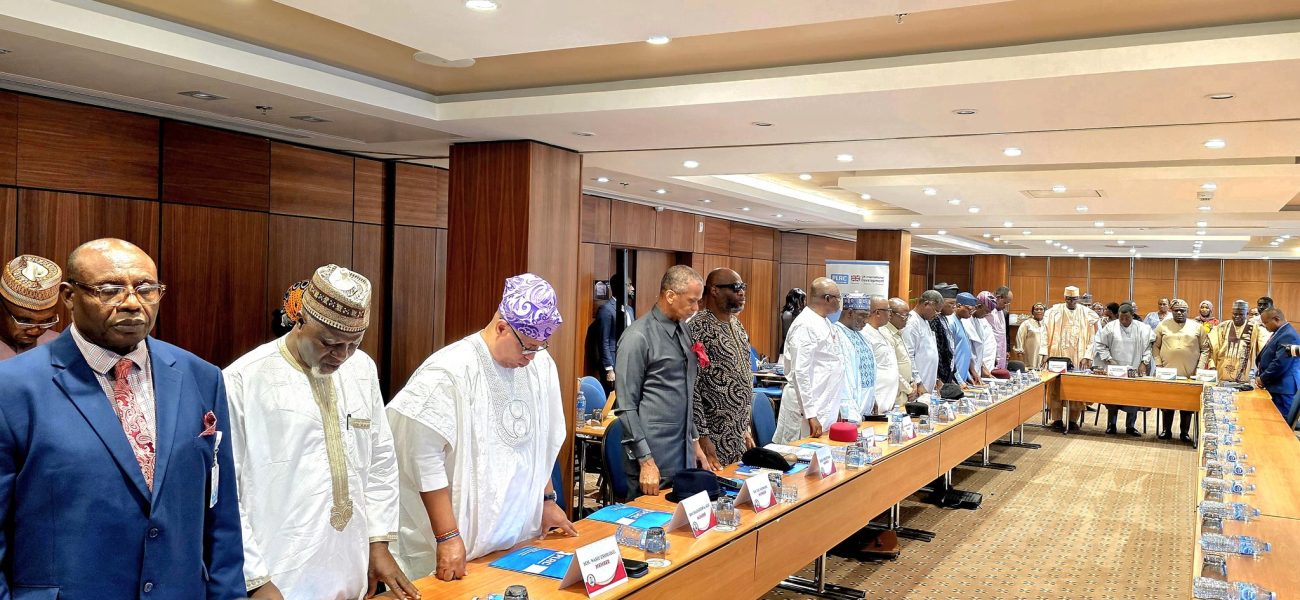As part of the sustained effort to strengthen Nigeria’s electoral framework, the Joint Committee on Electoral Matters of the 10th National Assembly convened a one-day review meeting on Wednesday, 19 November 2025. The session was designed to address outstanding issues in the Electoral Act (Amendment) Bill, 2025 and to consolidate progress made during previous engagements.
This follow-up meeting stemmed from recommendations adopted at the Lagos Retreat held on 24 October 2025, where Members resolved that an additional session was needed to finalise several pending clauses and ensure the Bill reflects contemporary electoral realities. The Abuja meeting provided the platform for Members to conclude this critical work.
Organised in collaboration with the Policy and Legal Advocacy Centre (PLAC) and supported by the UK Foreign, Commonwealth and Development Office (FCDO), the session brought together Senators and Members of the House of Representatives serving on the Committees on Electoral Matters, alongside technical experts, legal advisers, and representatives of the Independent National Electoral Commission (INEC). Their combined expertise ensured a robust and well-informed review process.
The central objective of the meeting was to complete the clause-by-clause examination of the Electoral Act Bill, harmonise positions on contentious provisions, and prepare a clean, unified draft for presentation to both Chambers. This approach seeks to prevent divergences between the Senate and the House versions of the Bill and to expedite legislative consideration.
Members revisited key provisions that had generated debate in earlier sessions, took final positions on deferred clauses, and agreed on necessary clean-up arrangements to ensure internal consistency and clarity in drafting. The meeting also reaffirmed commitment to delivering an Electoral Act that strengthens transparency, inclusiveness, and credibility in Nigeria’s electoral process and responds to lessons learned from recent electoral cycles.
The Committee will now work with its technical team to finalise the revised draft and ensure its timely submission to both Chambers. This marks a significant step forward in advancing electoral reforms ahead of the next electoral cycle.

